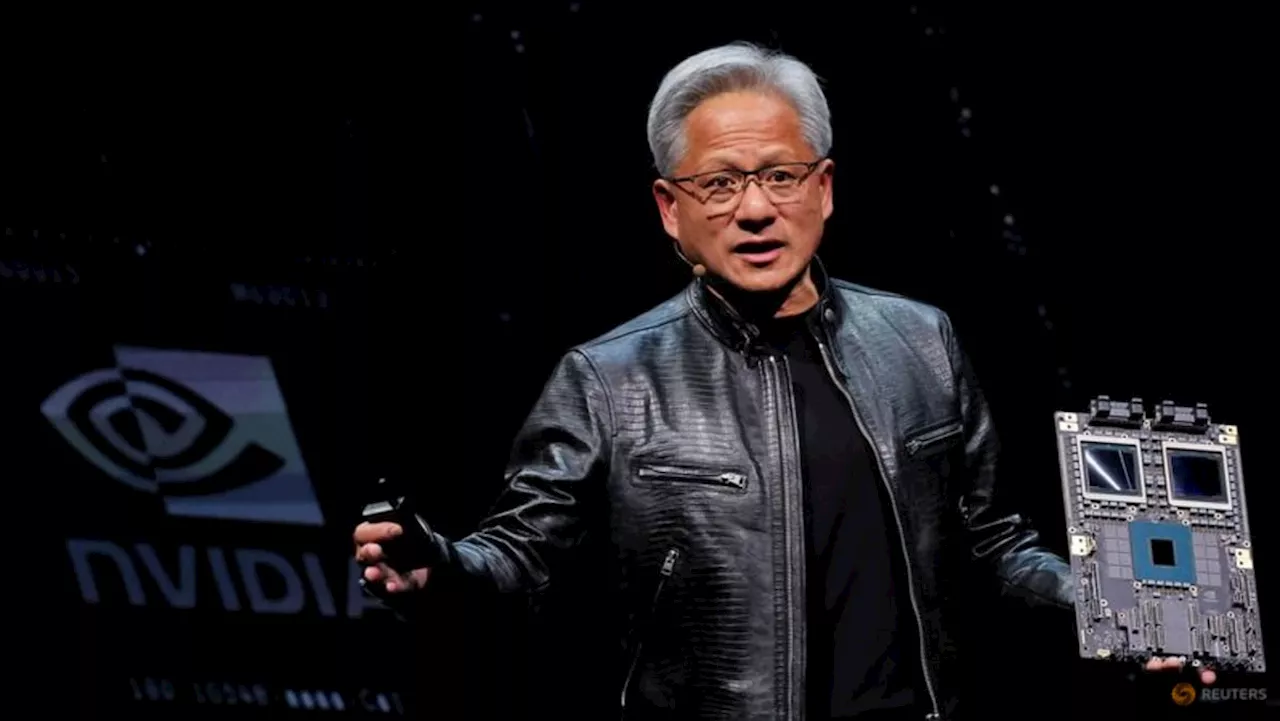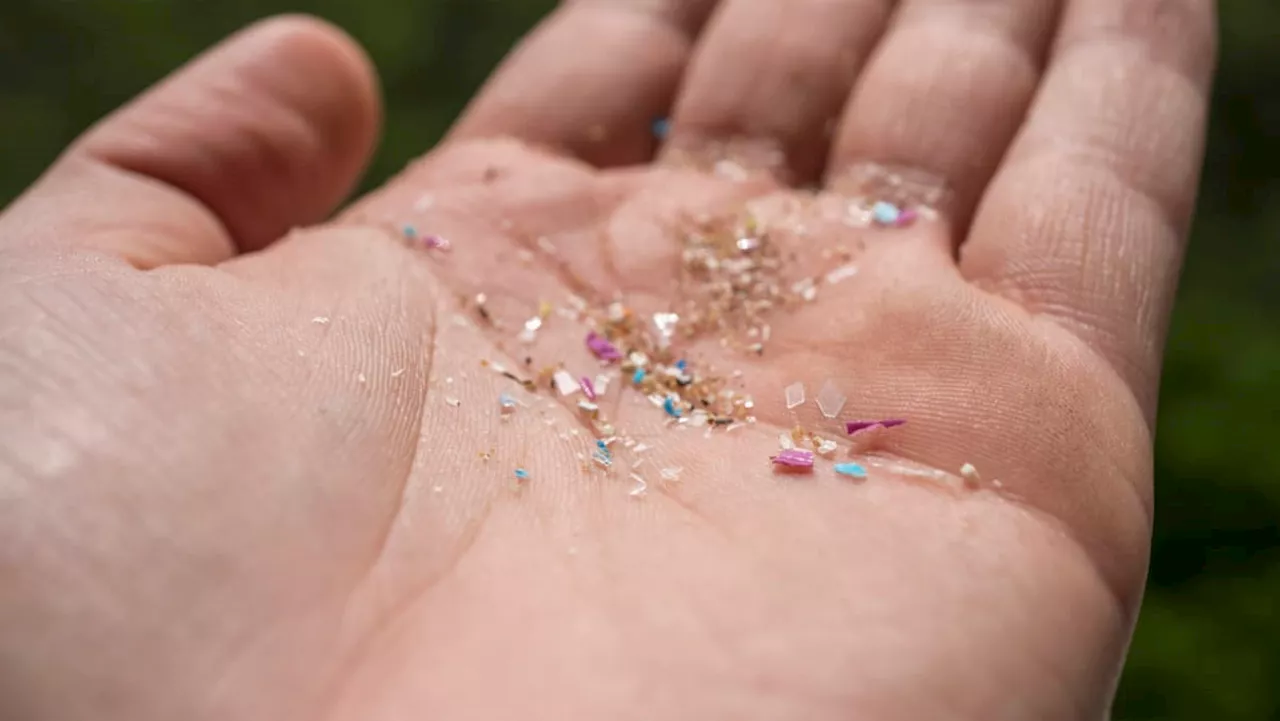Nanoparticles have been found in the brain, heart and lungs of humans, but there is no evidence that they can cross the placenta and get into the human embryo, say these researchers from Leiden University.
New: You can now listen to articles.LEIDEN, The Netherlands: The world is becoming clogged with plastic. Particles of plastic so tiny they cannot be seen with the naked eye have been found almost everywhere, from the oceans’ depths to the mountain tops. They are in the soil, in plants, in animals and they are inside us. The question is: What harm, if any, are they causing?
It remains unclear how microplastics and nanoplastics get inside living things, but several entry points have been suggested. For example, they might pass through the gut from food or drink contaminated with small plastic particles. Or they may be breathed in or absorbed through the skin.Our research suggests that, for some animals at least, nanoplastics are bad news. We injected plastic nanoparticles into chicken embryos.
Similar studies cannot, of course, be carried out on people, so it is not yet possible to say what the implications of our animal research are for humans. What we do know is that nanoplastics are found in the blood of human beings, in other bodily fluids and several major organs and key body tissues.
Our fear is that microplastics and nanoplastics might act in a similar way to deadly asbestos fibres. Like asbestos, they are not broken down in the body and can be taken up into cells, killing them and then being released to damage yet more cells.But there is a need for caution here. There is no evidence that nanoplastics can cross the placenta and get into the human embryo.
It may be that microplastics and nanoplastics, if they do cause harm to our bodies, do so in a subtle way that we have not yet detected. Whatever the case, scientists are working hard to discover what the risks might be.
South Africa Latest News, South Africa Headlines
Similar News:You can also read news stories similar to this one that we have collected from other news sources.
 Commentary: The EU has a chicken feet problem with ChinaChina is targeting pork imported from the European Union in a tit-for-tat trade spat, in response to curbs on its electric vehicle exports. Poultry and beef could be next, says Andy Bounds for the Financial Times.
Commentary: The EU has a chicken feet problem with ChinaChina is targeting pork imported from the European Union in a tit-for-tat trade spat, in response to curbs on its electric vehicle exports. Poultry and beef could be next, says Andy Bounds for the Financial Times.
Read more »
 Commentary: Nvidia CEO Jensen Huang's new rockstar status is long overdueJensen Huang, the Taiwan-born founder of semiconductor giant Nvidia, brings a quiet determination to a Silicon Valley known for hype and bluster, says IMD Business School’s Howard Yu.
Commentary: Nvidia CEO Jensen Huang's new rockstar status is long overdueJensen Huang, the Taiwan-born founder of semiconductor giant Nvidia, brings a quiet determination to a Silicon Valley known for hype and bluster, says IMD Business School’s Howard Yu.
Read more »
 Commentary: What does Vietnam stand to gain from welcoming Russia's PutinVietnam’s gains from hosting Russian President Vladimir Putin is likely to pale in comparison to the expected benefits of courting other powers. However, sentiment can play a role in international relations, says ISEAS-Yusof Ishak Institute's Hoang Thi Ha.
Commentary: What does Vietnam stand to gain from welcoming Russia's PutinVietnam’s gains from hosting Russian President Vladimir Putin is likely to pale in comparison to the expected benefits of courting other powers. However, sentiment can play a role in international relations, says ISEAS-Yusof Ishak Institute's Hoang Thi Ha.
Read more »
 Commentary: Trouble brewing for craft beer market as Singapore’s Archipelago bows outThe shutdown of Singapore brewery Archipelago reflects economic struggles in the industry and difficulties appealing to the choosy craft beer customer, says Christian Barker.
Commentary: Trouble brewing for craft beer market as Singapore’s Archipelago bows outThe shutdown of Singapore brewery Archipelago reflects economic struggles in the industry and difficulties appealing to the choosy craft beer customer, says Christian Barker.
Read more »
 Commentary: When WFH means work from hairdressers, not just homeHair salons are installing USB ports, extra sockets and quiet areas for calls in a bid to draw back customers, says Emma Jacobs for Financial Times.
Commentary: When WFH means work from hairdressers, not just homeHair salons are installing USB ports, extra sockets and quiet areas for calls in a bid to draw back customers, says Emma Jacobs for Financial Times.
Read more »
 Commentary: Questions remain over peace in Ukraine after disappointing Swiss summitWithout a rethink of their current approach, it is unlikely that the carnage on Ukraine’s battlefields will end anytime soon, says international security expert Stefan Wolff.
Commentary: Questions remain over peace in Ukraine after disappointing Swiss summitWithout a rethink of their current approach, it is unlikely that the carnage on Ukraine’s battlefields will end anytime soon, says international security expert Stefan Wolff.
Read more »
